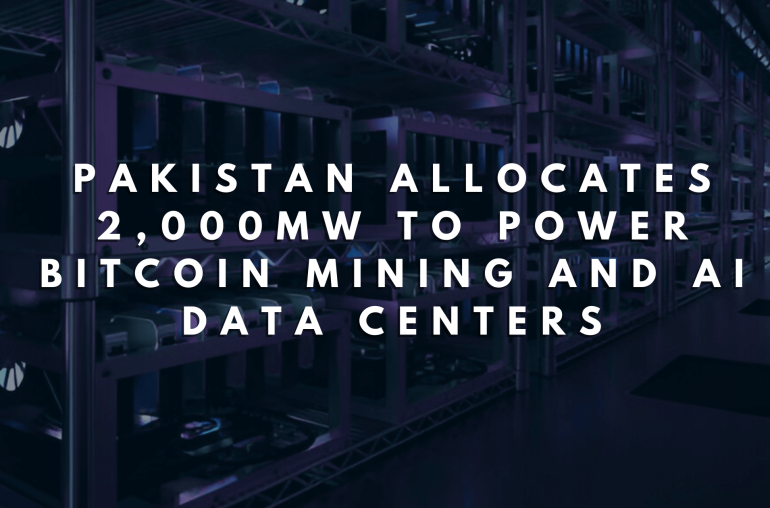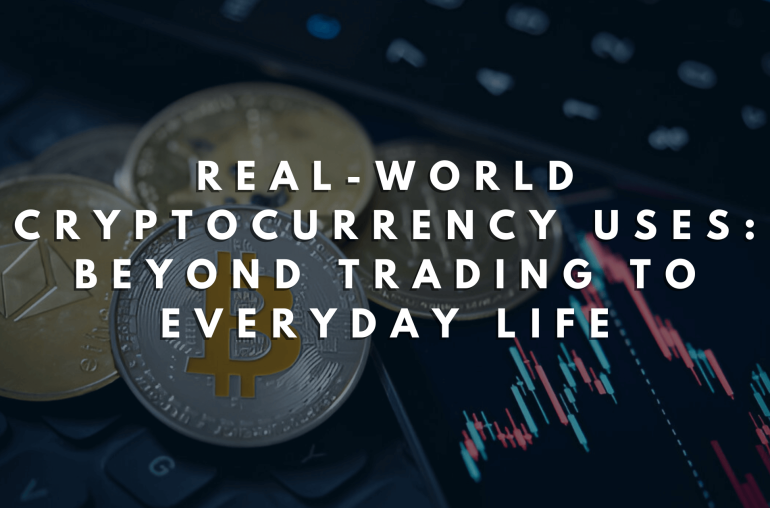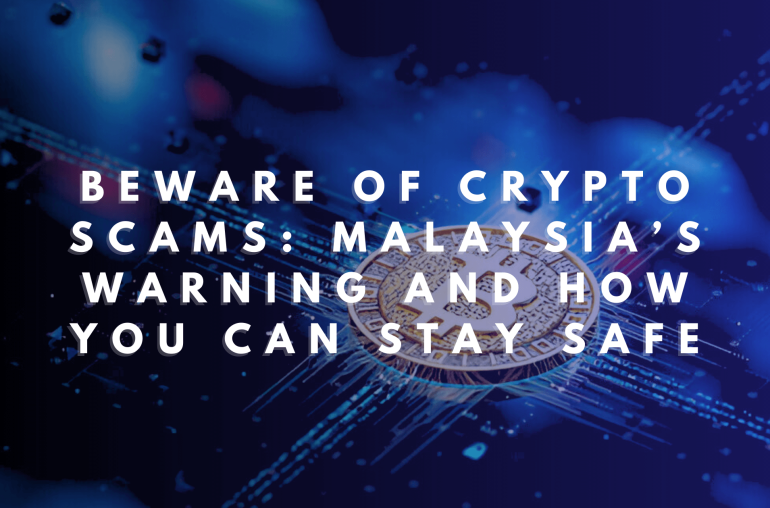Key Takeaways:
- Rules Are Changing: In 2025, Pakistan will keep working on crypto rules, but some confusion might continue.
- Adoption is Growing: Money worries, a young tech-friendly population, and needs for sending money abroad are driving crypto interest.
- Sharia Compliance is Important: There’s a big focus on creating and finding Sharia-compliant crypto options for Pakistanis.
- Bitcoin Leads, New Tech Emerges: Bitcoin is still big, while newer areas like DeFi, NFTs, and Web3 are starting to grow.
- Manage Risks Carefully: Learning, starting small, doing research (DYOR), and using safe practices are vital for anyone thinking about crypto.
Pakistan is buzzing with talk of a crypto revolution. But what will Crypto in Pakistan 2025 really mean for you? With big ideas like strategic Bitcoin reserves and a push for digital innovation, you might be asking: Is it safe? Can I invest in a way that aligns with my values? And where are the genuine opportunities in this new financial world? This guide is here to cut through the noise and offer clear answers as we look at a key year for digital assets in the country.
Understanding the Evolving Rules: Crypto Regulation Pakistan in 2025
Before diving into crypto, it’s smart to understand the rules. When it comes to crypto regulation Pakistan, 2025 is a year of big changes and, possibly, some ongoing questions. You’ve probably heard different things: excitement about new tech, but also warnings from banks. Let’s clarify. For a while, the State Bank of Pakistan (SBP) and the Ministry of Finance have said cryptocurrencies aren’t official money and have restrictions. However, we also see the government taking steps that show it wants to work more formally with this technology.
Key Players Shaping Pakistan’s Crypto Future
Several new groups are now important in this changing regulatory scene. The Pakistan Crypto Council (PCC) started in March 2025, and the Pakistan Digital Assets Authority (PDAA) began in May 2025. Their job is to create rules for digital assets. These groups, along with existing ones like the SBP and the Securities and Exchange Commission of Pakistan (SECP), are trying to find a balance. They want to encourage new ideas while also ensuring safety and following international rules from the FATF (Financial Action Task Force). What they decide in 2025 will greatly affect how easy and safe it is to use digital assets Pakistan 2025.
The Strategic Bitcoin Reserve: Big Plans, Current Realities
You might have heard about Pakistan’s ambitious plan for a “Strategic Bitcoin Reserve.” There are also plans to use energy for Bitcoin Pakistan mining. These big announcements, often made internationally, show a high-level interest in using crypto to benefit the country. However, some people in Pakistan are unsure about these plans because they seem to clash with the current cautious stance from financial regulators. It’s a case of big dreams meeting current legal realities. Adding to this, the International Monetary Fund (IMF) has raised concerns about these plans, especially about energy use. This could affect Pakistan’s financial talks and is another key factor shaping crypto regulation Pakistan.
Why is Crypto Booming? Unpacking Pakistan Crypto Trends
Even with unclear rules, many people in Pakistan are adopting crypto. If you’re wondering why, you’re not alone. There are some strong Pakistan crypto trends happening.
Economic Pressures Fuel Digital Asset Use
The economic situation is a big reason. High inflation and a weaker Pakistani Rupee have, understandably, made many people look for ways to protect their savings. For some, cryptocurrencies, especially stablecoins (digital currencies linked to assets like the US dollar), seem like a way to keep their money’s value. This isn’t always about getting rich fast; it’s often a practical way to protect themselves financially. Also, Pakistan has many young, tech-friendly people, including many freelancers. They find crypto useful for faster and cheaper international payments and sending money home.
The Role of P2P Exchanges in Pakistan’s Crypto Scene
A key part of Pakistan crypto trends is the popularity of Peer-to-Peer (P2P) exchanges. On these platforms, people can trade crypto directly with each other using local payment methods. Since using banks for crypto can be difficult, P2P offers another way. While this makes crypto easier to get, remember that P2P trading can also have higher risks, like scams. So, be extra careful.
Hot Digital Assets Pakistan 2025: Bitcoin, Altcoins, and What’s Next
So, what kinds of digital assets Pakistan 2025 are people interested in? Bitcoin often gets the most attention, but there’s much more.
Bitcoin Pakistan: More Than Just a Government Plan?
Bitcoin Pakistan is a hot topic, especially with the government’s strategic reserve plans. Whether these plans lead to wider use in the country or stay as a high-level strategy is something to watch in 2025. Bitcoin’s price and general market feeling tend to affect the whole crypto market.
Exploring DeFi, NFTs, and Web3 Opportunities in Pakistan
Besides Bitcoin, there’s growing interest in other digital coins (altcoins) like Ethereum (for smart contracts), Solana (for speed), and various stablecoins (like USDT). We’re also seeing the early stages of Decentralized Finance (DeFi), Non-Fungible Tokens (NFTs), and Web3. DeFi tries to offer financial services without banks. NFTs give unique digital ownership to items like art. Web3 aims to build a more user-controlled internet. Pakistan is showing ambition here. Government groups like the PDAA are expected to oversee these areas, and ideas like tokenizing real-world assets are being explored. Learning programs, like the Binance Academy partnership, are also helping prepare for these new crypto opportunities Pakistan, though they are complex.
Investing with Faith: Finding Sharia Compliant Crypto Pakistan
For many in Pakistan, a very important question is: “Is this Halal?” Finding Sharia compliant crypto Pakistan is a top concern, and thankfully, this area is getting more focus.
Understanding Islamic Finance Rules in Crypto
Key Islamic finance rules include avoiding Gharar (too much uncertainty or speculation), Maysir (gambling), and Riba (interest). Many cryptocurrencies are very volatile, and some ways of lending or earning from crypto can raise concerns. It’s important to know that there isn’t just one Islamic view; opinions from scholars vary and are changing as the technology develops. Well-known scholars like Mufti Taqi Usmani have shared their thoughts, often warning against speculative trading but seeing potential if crypto is used for real trade.
The Search for Halal Crypto: What’s Happening
The good news is that people are working on this. Pakistan and Malaysia are working together to create Sharia-friendly digital asset rules. The PCC also plans to include Sharia compliance in its regulations. We’re seeing new cryptocurrencies designed to follow Islamic principles, like Islamic Coin (ISLM) and Caizcoin. Some exchanges are also starting to offer “Islamic accounts.” However, it’s very important to do your own thorough research (DYOR – Do Your Own Research). Don’t just trust a “Halal” label. Talking to trusted local scholars who understand both Islamic finance and this new technology is a very good idea.
Getting Started Safely: Managing Crypto Risks Pakistan
If you’re new to crypto, it can seem confusing. But understanding the basics and how to manage crypto risks Pakistan is vital before you invest.
Essential Crypto Knowledge for Beginners
Let’s simplify some main ideas. Blockchain is the basic technology – like a shared, secure digital notebook. Proof-of-Work (PoW) (used by Bitcoin) and Proof-of-Stake (PoS) (now used by Ethereum) are ways to check transactions and create new coins. Crypto wallets (some online “hot” wallets, some offline “cold” wallets) store your private keys, which give you access to your coins. Crypto exchanges (some run by companies, like Binance, some decentralized) are where you buy and sell. Many online courses (some in Urdu/Hindi), YouTube channels (including those focused on Islamic finance like IFG), and news sites can help you learn.
Smart Ways to Reduce Crypto Risks
The most important rule: only invest money you can afford to lose. Crypto prices can change quickly. Start with small amounts, learn as you go, and don’t use borrowed money for trading (high leverage). Spreading your investments across different assets (if they are Sharia-compliant and well-researched) can help. Always do your own detailed research (DYOR) before investing in any project. Use tools like stop-loss orders to limit possible losses. And be very careful of scams – if something sounds too good to be true, it almost certainly is. Keep your private keys safe and use strong security.
Conclusion: Weighing Crypto Opportunities Pakistan in 2025
Looking at Crypto in Pakistan 2025, it’s clear the year offers a mix of exciting crypto opportunities Pakistan and serious challenges. For you, potential benefits like protecting savings from inflation, easier access to global markets (especially for freelancers), and joining new tech like DeFi and Web3 are attractive. The push for Sharia compliant crypto Pakistan also creates chances for investments that match your values. However, there are hurdles. Unclear rules are a key worry, fast price changes mean high financial risk, and the complex tech requires real effort to learn. The risk of scams also means you need to be careful. Your journey into Crypto in Pakistan 2025 should be taken with cautious hope, careful research, and a strong focus on managing crypto risks Pakistan. Always make decisions that fit your financial goals, risk comfort level, and personal principles.
What are your thoughts on the future of Crypto in Pakistan 2025? Share your insights or questions in the comments below!




